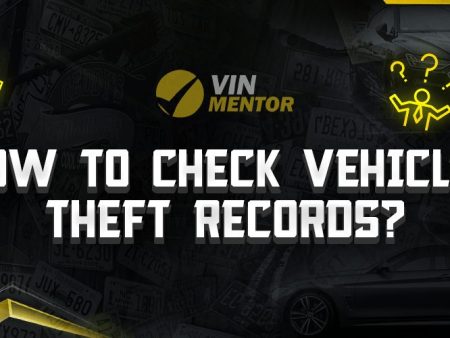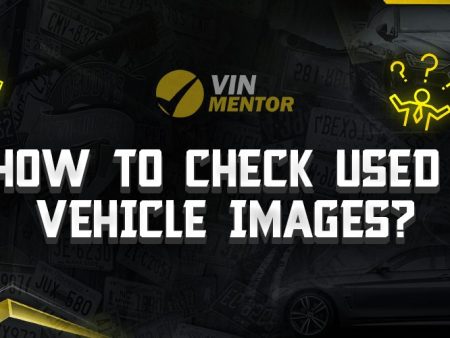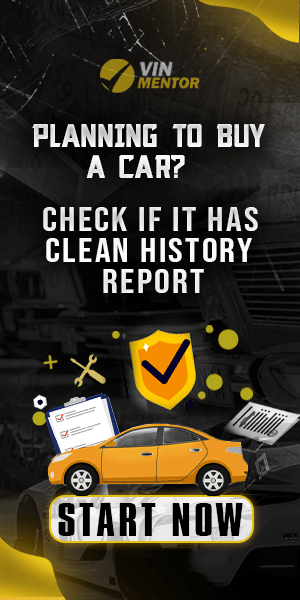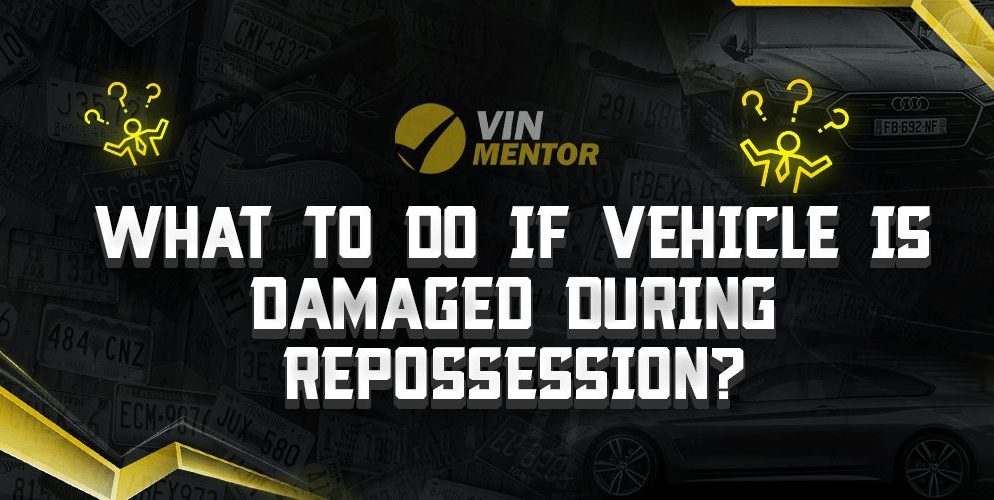
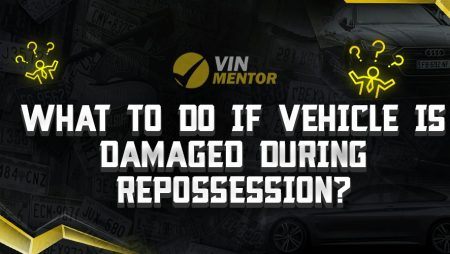
Discovering that your vehicle has been damaged during the repossession process can be a stressful and disheartening experience. It’s important to know your rights and the steps you can take to address the situation properly. In this article, we will explore the key actions you should consider if your vehicle is damaged during repossession. Read on to learn more about protecting your interests in such a situation.
Key Takeaways
- Understanding your rights as a vehicle owner is crucial in dealing with damage during repossession.
- Documenting the damage with photographs and written records is essential for filing a claim.
- Communication with the repossession company and your insurance provider is vital for resolving the issue.
- Seeking legal advice can provide valuable guidance and assistance in pursuing compensation for damages.
What Actions Should Be Taken If a Vehicle Sustains Damage While Being Repossessed?
Every driver should be aware about the key actions they should take if their vehicle is damaged during repossession, including understanding your rights, documenting the damage, communicating with the repossession company, contacting your insurance provider, and seeking legal advice if needed. By following these steps, you can navigate the situation effectively and ensure that you are properly compensated for any damages incurred.
Know Your Rights as a Vehicle Owner
When your vehicle is being repossessed, it’s essential to familiarize yourself with the laws and regulations governing the repossession process in your jurisdiction. Understanding your rights can help you determine if any violations occurred during the repossession that may have led to the damage. Consult local consumer protection agencies or legal professionals to gain insight into your specific rights and protections.
Document the Damage
Immediately after discovering any damage to your vehicle during repossession, it’s crucial to gather evidence. Take detailed photographs from various angles, capturing all visible damage. Additionally, make written notes describing the condition of your vehicle before and after repossession. These records will be valuable when filing a claim or seeking compensation later on.
Communicate with the Repossession Company
Contact the repossession company as soon as possible to report the damage. Keep a record of your communication, including the names of the representatives you speak to and the details of your conversation. Discuss the damage, provide them with the evidence you have collected, and inquire about their insurance coverage for such incidents.
Contact Your Insurance Provider
Notify your auto insurance company about the damage sustained during repossession. Provide them with all relevant information, including the documentation and evidence you have gathered. They can guide you through the claims process and help you determine the best course of action based on your policy coverage.
Seek Legal Advice
If you encounter difficulties in resolving the matter or face significant damages that are not adequately addressed by the repossession company or insurance provider, it may be prudent to consult with an attorney specializing in consumer protection or repossession laws. They can assess your case, provide legal advice, and represent your interests if pursuing compensation becomes necessary.
Conclusion
Discovering damage to your vehicle during repossession can be distressing, but it’s crucial to take prompt and appropriate action. Knowing your rights, documenting the damage, communicating with the repossession company and your insurance provider, and seeking legal advice when necessary are all key steps to protect your interests and potentially pursue compensation for the damages incurred.
To further safeguard your interests as a vehicle owner, consider conducting a comprehensive VIN check to access vital information about a vehicle’s history, such as previous accidents, damages, or salvage titles. Choose from our recommended best VIN check websites list to ensure you have access to reliable and accurate information before purchasing or during the repossession process.
FAQ
What should I do if I discover that my vehicle has been damaged during repossession?
The first step is to document the damage with photographs and written records. Then, contact the repossession company to report the damage and notify your insurance provider.
How can I protect my interests in a vehicle repossession situation?
Understanding your rights as a vehicle owner is crucial. Familiarize yourself with local laws and regulations governing repossession. Additionally, seek legal advice if needed to ensure proper compensation for damages.
Should I contact the repossession company if my vehicle is damaged?
Yes, it’s important to contact the repossession company as soon as possible to report the damage. Keep a record of your communication with them, including names, dates, and details of the conversation.
Will my auto insurance cover the damage caused during repossession?
Contact your insurance provider and provide them with the documentation and evidence of the damage. They can guide you through the claims process and determine the coverage based on your policy.
What should I do if the repossession company or insurance provider does not adequately address the damage?
If you encounter difficulties or significant damages are not properly addressed, consider seeking legal advice from an attorney specializing in consumer protection or repossession laws.
Can I pursue compensation for the damages incurred during repossession?
Depending on the circumstances, you may be able to pursue compensation. Consult with a legal professional to assess your case and receive guidance on the best course of action.

